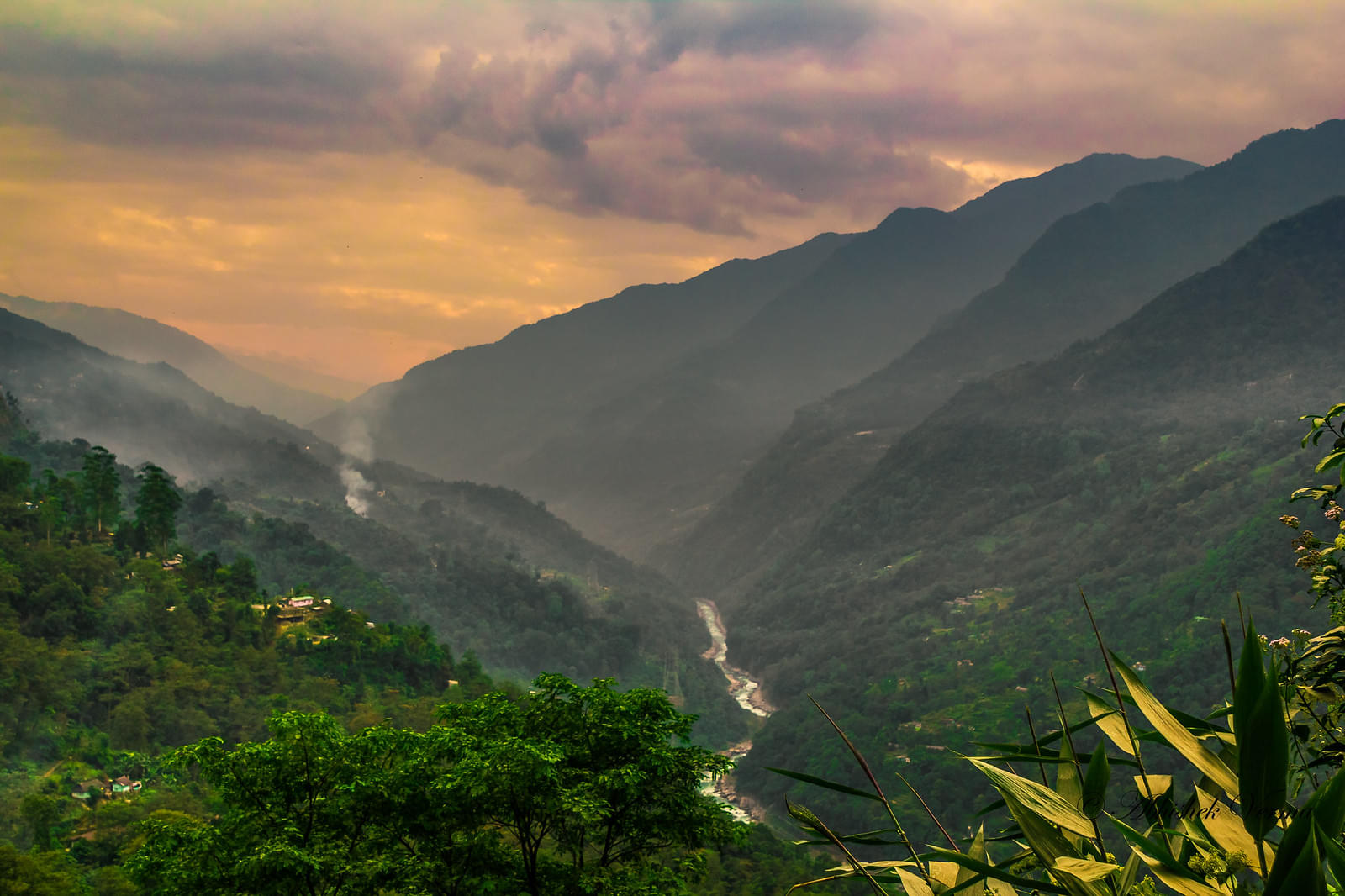About Darap
The valley is mostly inhabited by the people of Limboo Community and a small number of communities like Bhutias, Chettris, Tamangs, Rais, Gurungs, and Lepchas. The initiation of tourism development in the village began with 8 families. At present, Darap is celebrated for its gracious hospitality, offering guests to reside in authentic homestays. It gives them a sneak peek into the vibrant culture and traditions of the localities.
It is a nirvana for nature lovers and a thrilling spot for adventurists with many attractions like Yuksam, Khechuperi Lake, Khang Chen-Dzonga Water Fall, Sewaro Rock Garden, Rimbi Waterfall, and Tashiding Monastery.
Darap Highlights
• Discover nature’s hidden gem surrounded by the majestic Himalayan mountains and lush green valleys.
• Trek through trails and paths offering mesmerising views of the Kanchenjunga range.
• Darap Valley is a one-of-a-kind vacation spot for nature lovers and environmentalists with experiential and sustainable tourism.
• Learn all about the local culture by staying at the homestays with warm and welcoming families of the village.
• Visit alluring monasteries, savour the local delicacies, and indulge in the beautiful Sikkamese culture.
How To Reach Darap
1.By Car: Rent a car from Gangtok and embark on a scenic drive, passing through Ravangla.
2.By Air: The nearest airport to Darap is Bagdogra International Airport (146 km). You can reserve a cab to Pelling or Geyzing, and then book a cab to Darap.
3.By Train: Darap is 144 km from New Jalpaiguri Railway Station. You can book a cab or shared taxi to Pelling from the station.
Best Time To Visit Darap
The best time to visit Darap is from March to May and September to November. During these months the weather is pleasant and the skies are clear.
1.Best Season: Plan your visit to Darap in spring when the valley is in full bloom with wildflowers. The rhododendrons burst into bloom as birds and butterflies flutter freely around.
2.Best Day of the Week: Being a village, the optimal day to visit Darap can be of personal preference. However, on weekends the streets are more bustling and lively with more activities and open markets to explore.
3.Best Time of the Day: The beauty of the mountains is elated during the early mornings and late afternoons. During these times, the village comes alive with locals indulging in daily activities. Tourists can also have interactive experience, and the warm hues add to the scenic beauty of the valley.
Darap Other Essential Information
Visitor Tips:
1.Carry some winter clothes as it gets breezy and chilly in the evenings.
2.Hire a local guide for an insightful experience.
3.For an indulging experience and authentic hospitality, book a homestay. It also helps the local economy.
4.Refrain from buying plastic water bottles and packaged foods. Do not litter and dispose of the garbage thoughtfully.
5.Learn the sustainable ways to travel and enjoy the true bliss of nature in Darap.
Explore the Village
Hire a local guide to explore the streets of Darap and learn about the culture of Darap. Walk up and down the streets, and interact with villagers, they are very humble and known for their generous hospitality. Shop at the handicraft shops around the main market. Look through the vast terrace fields cultivated with black cardamom, maize, paddy, potatoes, and other crops. In the spring season, there are flowers all around the place, and every house is decorated with little flower pots. Enjoy the simplicity of life here.
Visit to Rimbi Waterfalls
At a distance of merely 5 km from Darap on the way to Yuksom you can find a small village named Rimbi. This dainty village is known for its breathtaking Rimbi River, waterfalls, and orange orchards. You can either take a cab or hike your way to the waterfalls. It is one of the most attractive tourist spots known for its scenic view, soothing swimming water, and fishing activities. Do give a try to local preparation of Assala – a variety of fish only found in Rimbi.





.png?w=1280&dpr=1)
.png?w=1280&dpr=1)
.png?w=1280&dpr=1)





.jpg?w=1280&dpr=1)




